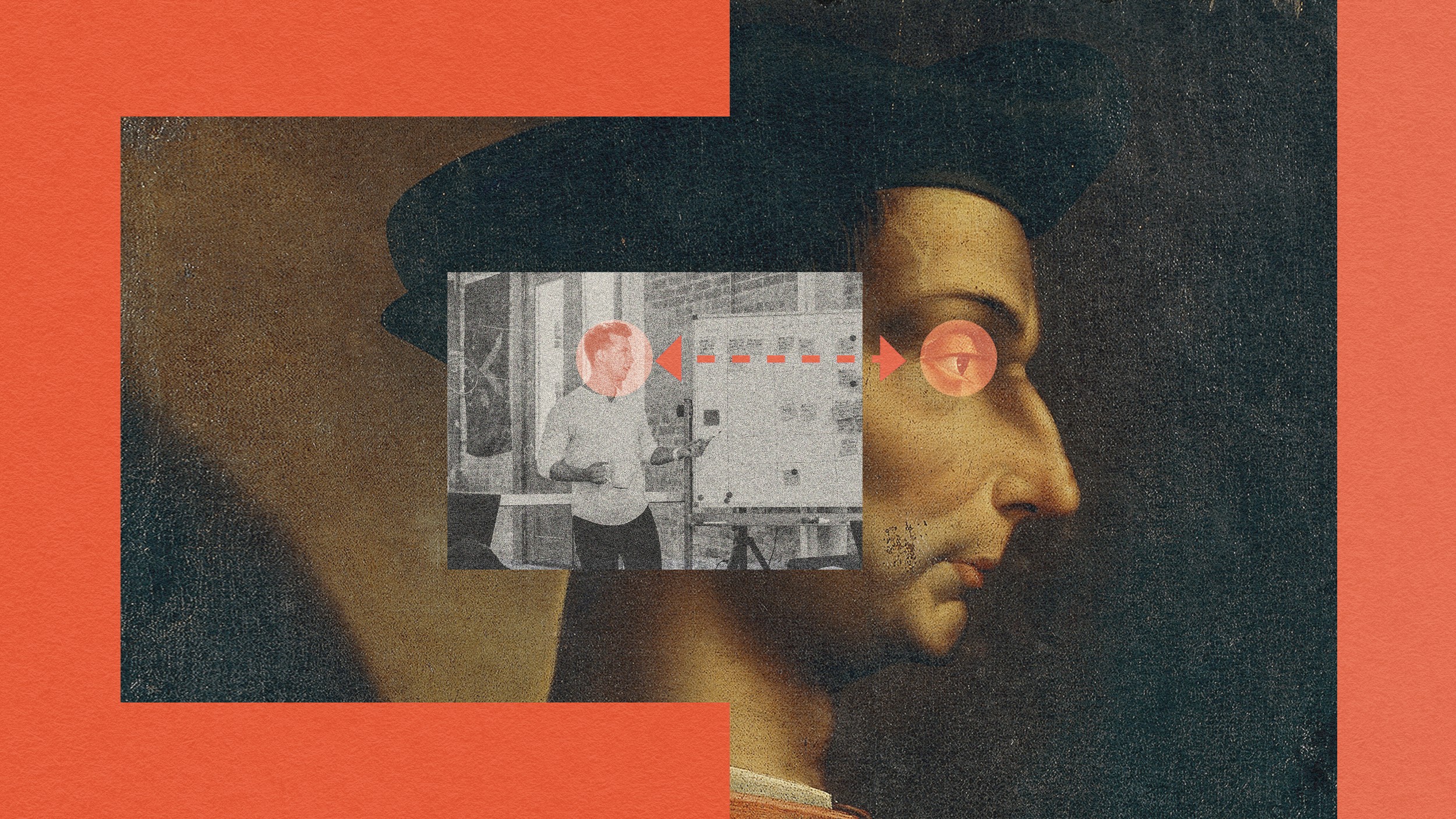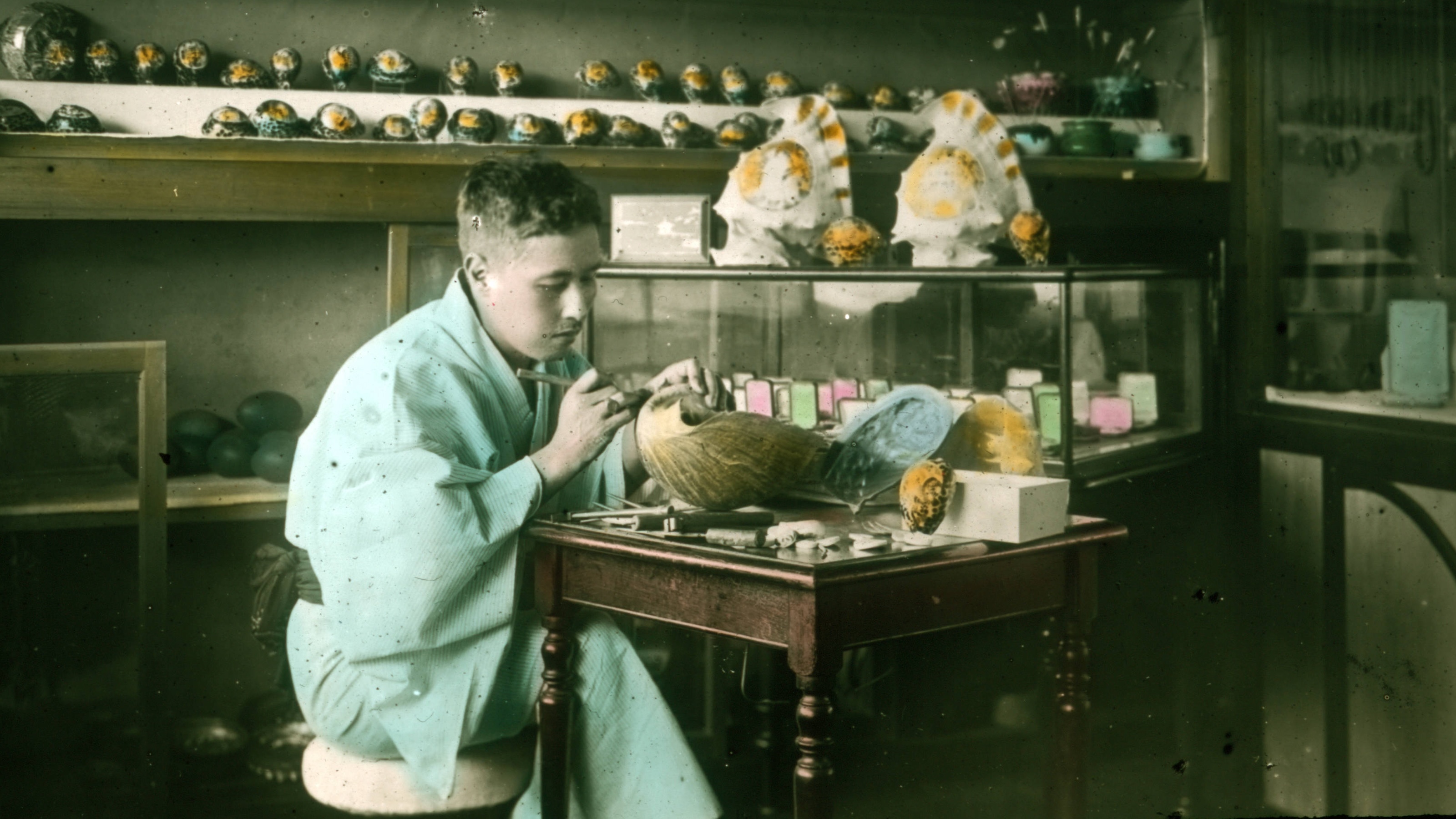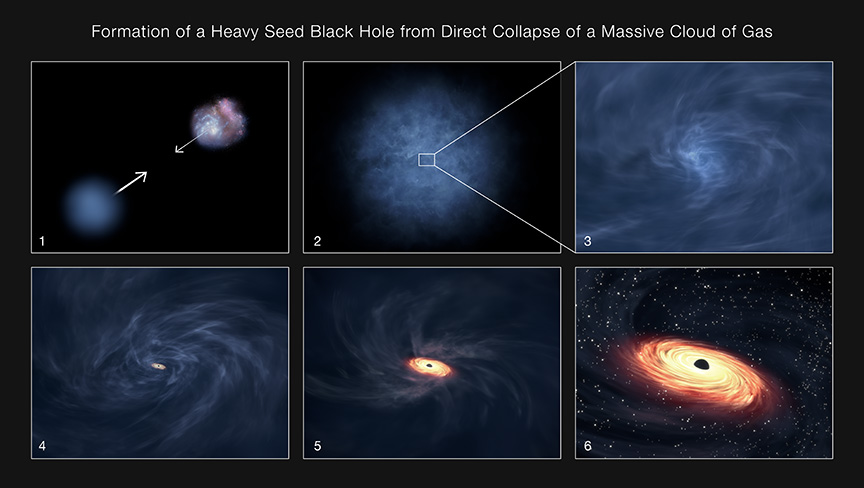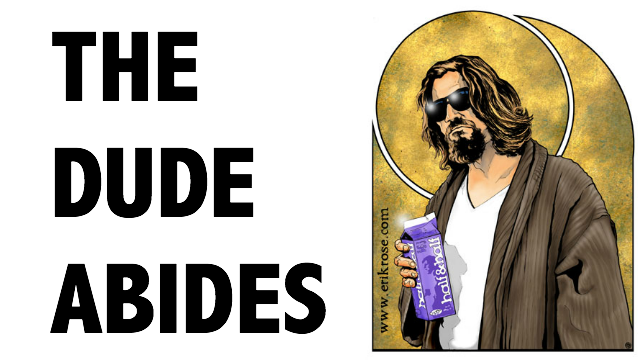Apology: a semi-obituary
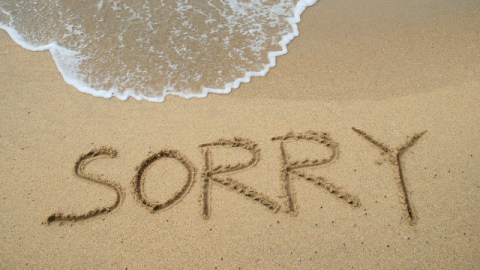
The outcome of a ménage à trois involving desperation, selfishness, and moral consideration, apology came into the world already tainted by its origin. Out of these weak beginnings, we could not hope for it to survive long and, sadly, we were proved right.
The final blow to this battered frame of human meaning occurred when a man, who took funny medicine and road a scaled-down Pennyfarthing, used it when talking to the female Jesus Christ. Already crippled by another man who hit little balls and stuck his own into many consenting women, apology struggled to survive in a world of Twitter outbursts, Internet-created self-righteousness, and Honey Boo Boo.
It was demanded from complete strangers from other – but more famous – strangers: strangers who committed no crime save that they got caught being non-monogamous, strangers caught taking narcotics that shouldn’t be illegal anyway, strangers caught doing something that upset the loudest people, who always happened to be those with the most free time.
Having been eroded through overuse, apology began to rapidly lose weight, until all that remained was the bare frame of value on a skeleton of purpose.
Frequent summoners of apology, like offended fans of glorified bullies who could throw things quite far or kick things into nets, reported that you could notice how “fake” it began to sound: did those who used apology really mean it?
Intention was everything for apology. Without good intention how useful could it be? Of course, intention means nothing if it’s not genuine, yet that is precisely what happened when apologies became public.
Public Disease
Still incurable, being diagnosed as a “public” already meant apology’s worth was fatal. There was no cure save mockery and, even then, it was merely euthanasia.
Apology, clutching a bedpan and catheter everytime it was called, said its final goodbyes to its long-lost relatives, self-reflection and shame, when more people demanded further apology, but accepted it less.
With the death of apology, though, only the disease of “public” remains. A beast that must be fed, yet which no amount of apology, no amount of demands of its existence, could ever sate.
Hopefully, as we reflect on the uses of apology, we remember that a forced apology is not an apology but a press statement; it’s an effort of words calculated to win back fans, friends, family. Showing you’re sorry can often equate to a learning curve in not getting caught next time. Genuine apology (if that even exists) only means something between the offender and offended party: the genuine offended party, not curtain-clutching Twitter users with their digital binoculars desperately seeking something, anything, to offend them.
It often seems like many people expect celebrities to be ascetic, sexless drones who disappear between action films or pop albums or charity concerts, to emerge shining and baby-pure, free of drugs, sex and freethinking. Yet, throwing money and fame at someone is precisely what will turn him into the very things prodded in gutless magazines like lab rats; becoming entities torn open by the same desperate fingers so often found waving in people’s faces.
How to cure it
I think – if we really had to have one – a public apology ought to be us, the public, apologising for our disgusting behaviour to them, the celebrities. No, they’re not perfect, or pure, or wonderful, or possibly even better or nicer than us. But that doesn’t mean their lives are deserving of excavation as if their garbage dumps are ancient Mayan ruins; they don’t deserve to be shackled to a moral throne, since they’re human and fallible and, like most of us, would probably give in to vice if before they’d never experienced it.
They wouldn’t be up there failing on such a spectacular level if we didn’t keep putting them there. No: it’s not entirely our fault, but surely we aren’t blameless.
Perhaps that’s the cure that could’ve saved apology: us reconsidering our stance as mouth-breathing tourists at a digital zoo, throwing money through the bars we built around celebs: dance, sing, make us laugh! They’re human, like us. Forcing them to apologise, forcing them into a public apology, is forcing out of them yet another performance – a performance no one is ever happy with, yet a performance we keep demanding.
Related reading:
Dear Paris Hilton, Don’t apologise, learn
The trolls we despise are our own creation
Image Credit: Xidong Luo / Shutterstock
